Fatty liver problems and How to deal with them
Fatty liver problems and How to deal with them
Monica Saxena
| Wellness Blogger | Certified in Holistic Health & Nutrition | Fully Accredited Professional Nutritionist |
Fatty liver problems
Fatty liver is one of the major lifestyle diseases that many among you might be coming to terms with and wondering whether it is reversible or what can be done to reverse it. It is a typical condition in which fat builds up in your liver and affects the overall functioning of your liver. It can lead to serious problems if not taken care of properly. It can be alcoholic fatty liver disease in the case of uncontrolled alcohol drinkers or non-alcoholic fatty liver disease in the case of people with obesity, diabetes, or metabolic problems.
Reversal of fatty liver disease is tough to achieve, as it is a continuous process and medications cannot help you much. But you can make some lifestyle changes to improve your liver health as well as improve your quality of life. You need to recognise the importance of a healthy liver in your life and the functions it plays to make you lead a better life, and then you will strive to keep your liver fit and healthy.
Role of the Liver in the Body
The very basic things you should know about your liver are
a. The liver filters all the blood in the body and breaks down toxins like alcohol and drugs.
b. During the process of filtering blood, it removes bacteria from the bloodstream.
c. The liver produces bile that is helpful in the digestion and absorption of fat in the small intestine.
d. The liver produces albumin, a protein that keeps the fluids in the bloodstream, preventing their leakage into surrounding tissues.
e. The liver removes excess glucose from the bloodstream, stores it as glycogen, and converts it back to glucose when needed.
f. The liver is a storehouse of vitamins A, D, E, K, and B12, as well as iron and copper.
A Healthy liver for better health
Food to avoid for a healthy liver
⦁ Poultry, except for lean white meat, is bad for you. Chicken without skin is a good source of lean protein and can be a healthy addition to your diet if you have fatty liver.
⦁ Full-fat cheese contains saturated fats, which lead to more fatty deposits in your liver.
⦁ Yoghurt should be avoided except for low-fat varieties.
⦁ Red meat may be high in protein, but digesting it is quite a tedious job for your liver and can lead to various liver-related issues. In fact, excess protein buildup in the liver can lead to fatty liver diseases that can have adverse effects on the other organs of your body, like the brain and kidneys.
⦁ Baked goods and fried foods are not needed in your daily diet chart. These food items are high in sugar and can lead to obesity. Bakery products can lead to high triglyceride levels in the body due to their fat content, leading to various liver diseases.
⦁ Sugary items like candy, regular soda, and other foods with added sugars, including high-fructose corn syrup. Sugars are a strict no-no, but you can curb your sugary cravings by having dark chocolates, fresh fruits, and nuts.
Top 7 Unhealthy Items in Your Kitchen
Detox Food for a Healthy Liver
⦁ Green tea
Green tea has a protective effect against liver disease. Green tea can help in the regulation of lipid metabolism, which reduces the accumulation of lipids in the liver. As per studies, the combination of green tea extract and exercise reduced the severity of obesity-related fatty liver disease by 75 per cent.
⦁ Coffee
One to three cups of coffee, especially black coffee, can help improve your non-alcoholic fatty liver disease. Caffeine, present in coffee, slows the growth of scar tissue and helps fight liver disease.
Moderate amounts of unsweetened coffee are effective in tackling liver ailments alongside medications. Acids in coffee work against the virus that causes hepatitis B. But people with high blood pressure, children, teens, and older adults should practice caution before consuming it.
⦁ Garlic
Garlic can help in the regulation of lipid metabolism, which reduces the accumulation of lipids in the liver. Eating raw garlic may protect against liver cancer. Garlic is generally considered safe but may cause liver injury in some people. Eat 1-2 cloves of raw garlic regularly to reap the benefits.
⦁ Citrus fruits
Citrus fruits stimulate the liver and help it turn toxic materials into substances that can be absorbed by water. Grapefruit contains antioxidants that reduce inflammation and protect the liver from injury.
⦁ Berries
Berries such as blueberries, raspberries, and cranberries contain antioxidants called polyphenols, which help protect the liver from damage.
⦁ Cruciferous vegetables
Broccoli, cauliflower, Brussels sprouts, and mustard greens are good for your liver. They are a source of fibre, which supports liver health, as they contain antioxidants and phytochemicals that may help prevent liver cancer.
Lifestyle Changes Required to Improve Liver Health
Some simple lifestyle changes can improve liver health in people with fatty liver conditions.
1. Maintain a healthy weight.
Try to maintain a healthy weight and eat sensible portions of all food components with a high emphasis on fresh fruits and vegetables. Intake of fibrous food is an excellent idea to tackle fatty liver issues. Stay away from food with excess salt or sugar.
If you are overweight or obese, try to lose weight gradually. It may be difficult initially or nearly impossible for some, but try changing your food habits and having a physical activity routine to fight your battle with weight.
2. Limit Fat Intake—
The intake of fast food or food containing trans fat should be strictly avoided. Avoid packaged savoury snacks like chips, mixtures, salty biscuits, etc., as they are rich in saturated fat and salt. Eating food that is high in saturated fat is bad for the liver. It may lead to inflammation, which in turn could cause scarring of the liver, which is known as cirrhosis. Swapping out sources of saturated fat like butter, fatty cuts of meat, sausages, and cured meats for unsaturated fat sources like avocados, olive oil, nut butter, and fatty fish may be helpful for those with NAFLD (non-alcoholic fatty liver disease).
3. Eat more fruits, vegetables and fibre-
Fruits and vegetables help to detoxify the liver. Lemons, oranges, grapefruit, and amla, which have high vitamin C and antioxidants, support the natural cleansing abilities of the liver. Whole-grain, fibre-rich foods like oatmeal are associated with a reduced risk of NAFLD-related diseases. Studies show that a nutritious diet rich in high-fibre foods like oats is effective for those with NAFLD and may help reduce triglyceride levels.
4. Avoid sugary drinks-
Avoid foods and drinks with large amounts of sugar, especially fructose. Reducing sugar-sweetened beverage consumption is necessary to reduce liver disease. Regular consumption of sugary beverages like sodas, energy drinks, and sweetened coffee concoctions isn’t just linked to obesity and type 2 diabetes; it may also increase the likelihood of developing chronic liver diseases
5. Avoid heavy alcohol use
If you have fatty liver disease, the damage may be reversed by abstaining from alcohol for a while (this could be months or years). It can help cleanse your liver. When you drink excessively, particularly over long periods, the healthy tissue of your liver is replaced with scar tissue.
6. Quit smoking.
Cigarettes contain toxins that can cause permanent liver scarring. In fact, smoking leads to nicotine deposits, which can trigger a buildup of lipids in your liver. This buildup of lipids can result in a liver condition called nonalcoholic fatty liver disease (NAFLD). Cigarette smoking can increase the risk of liver disease and liver cancer.
Smoking cessation can help improve liver disease risk. The best way to reduce the effects of smoking is to quit or never smoke.
A healthy liver provides energy to the body. When your liver is fine, you'll feel full of energy with a stable weight, clear skin, good digestion, regular bowel movements, and healthy cholesterol and blood sugar levels.
For more such informative articles and blogs, switch to Healthtimber.


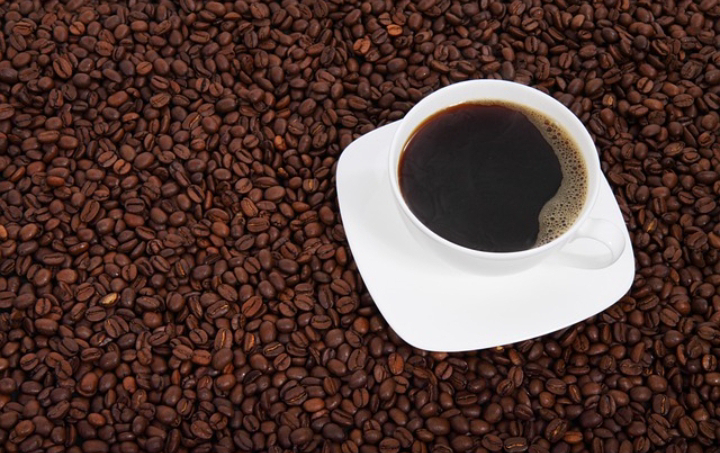
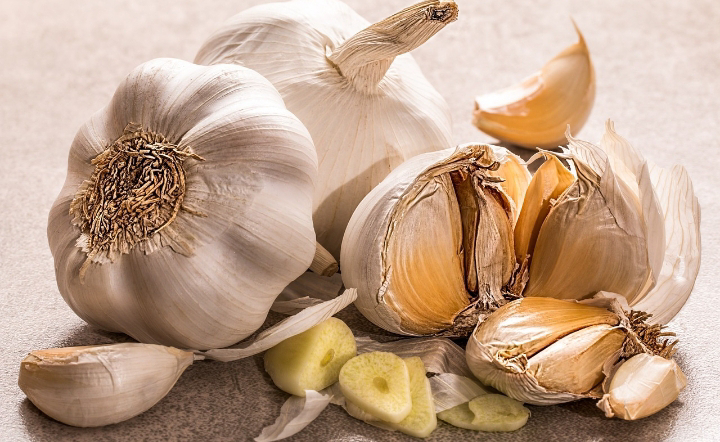
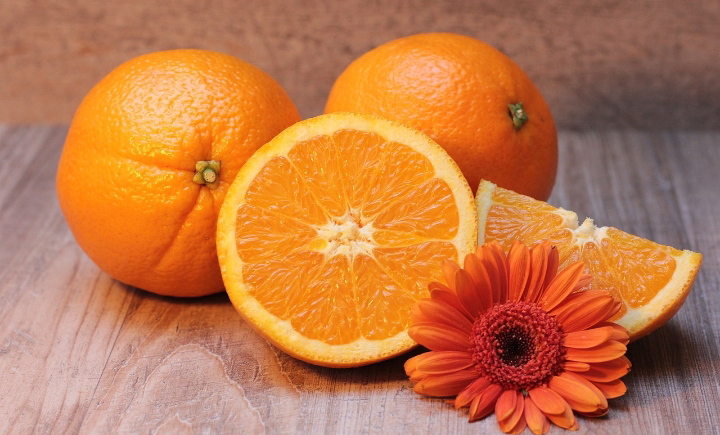

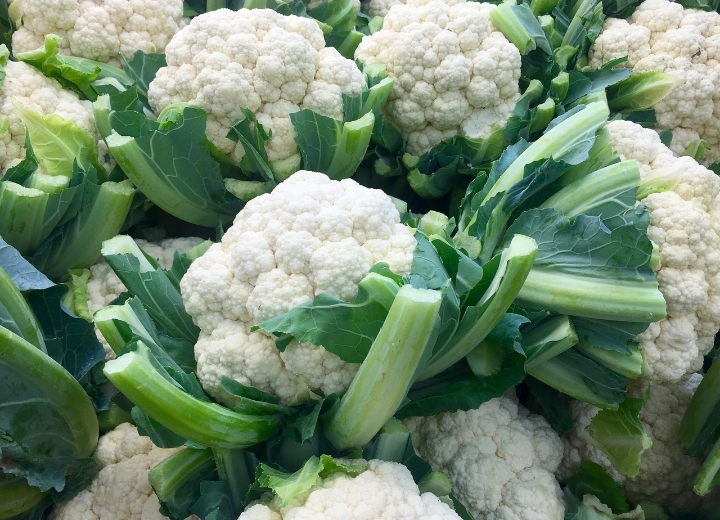
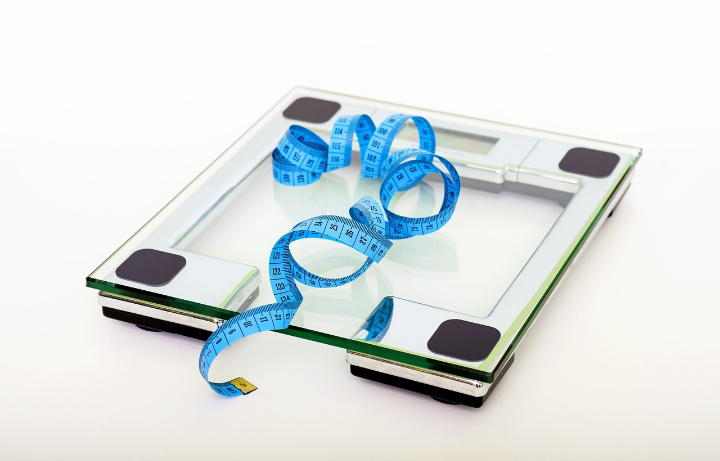








Comments